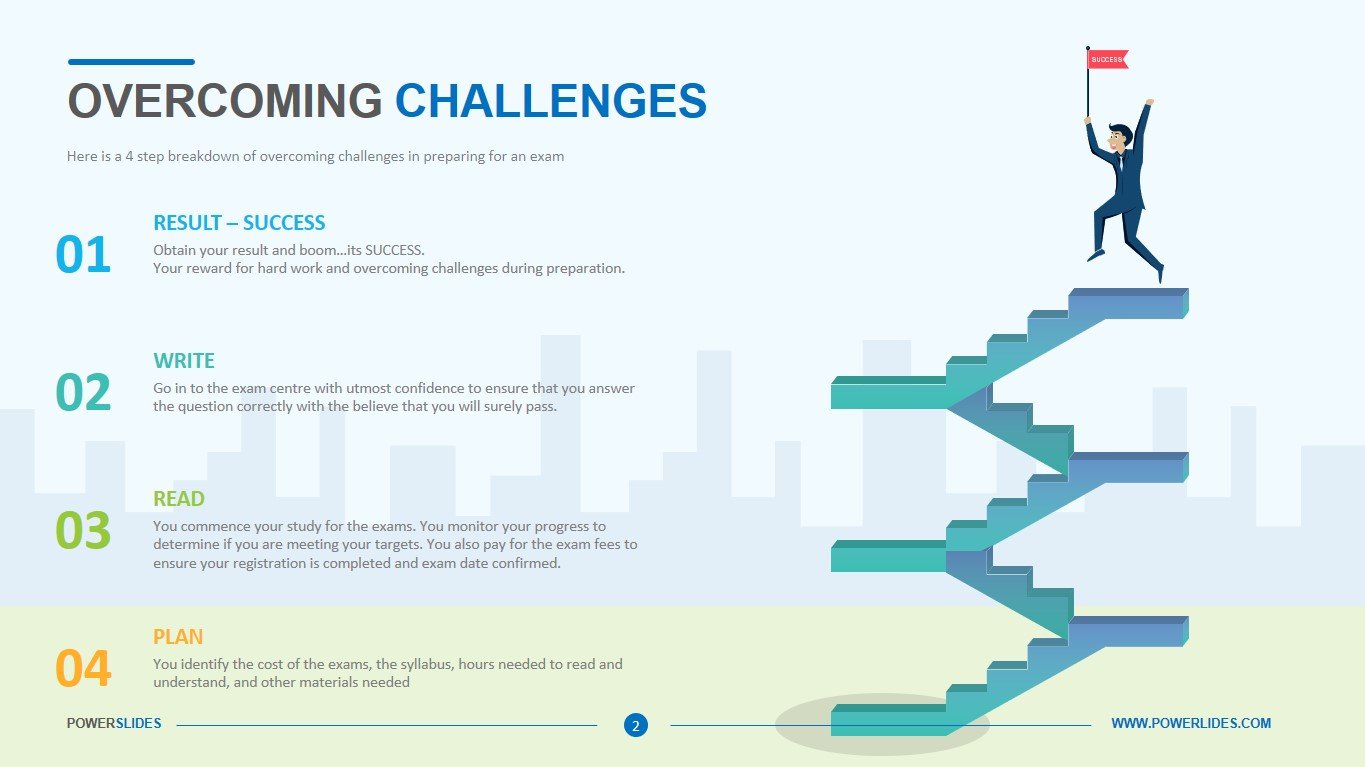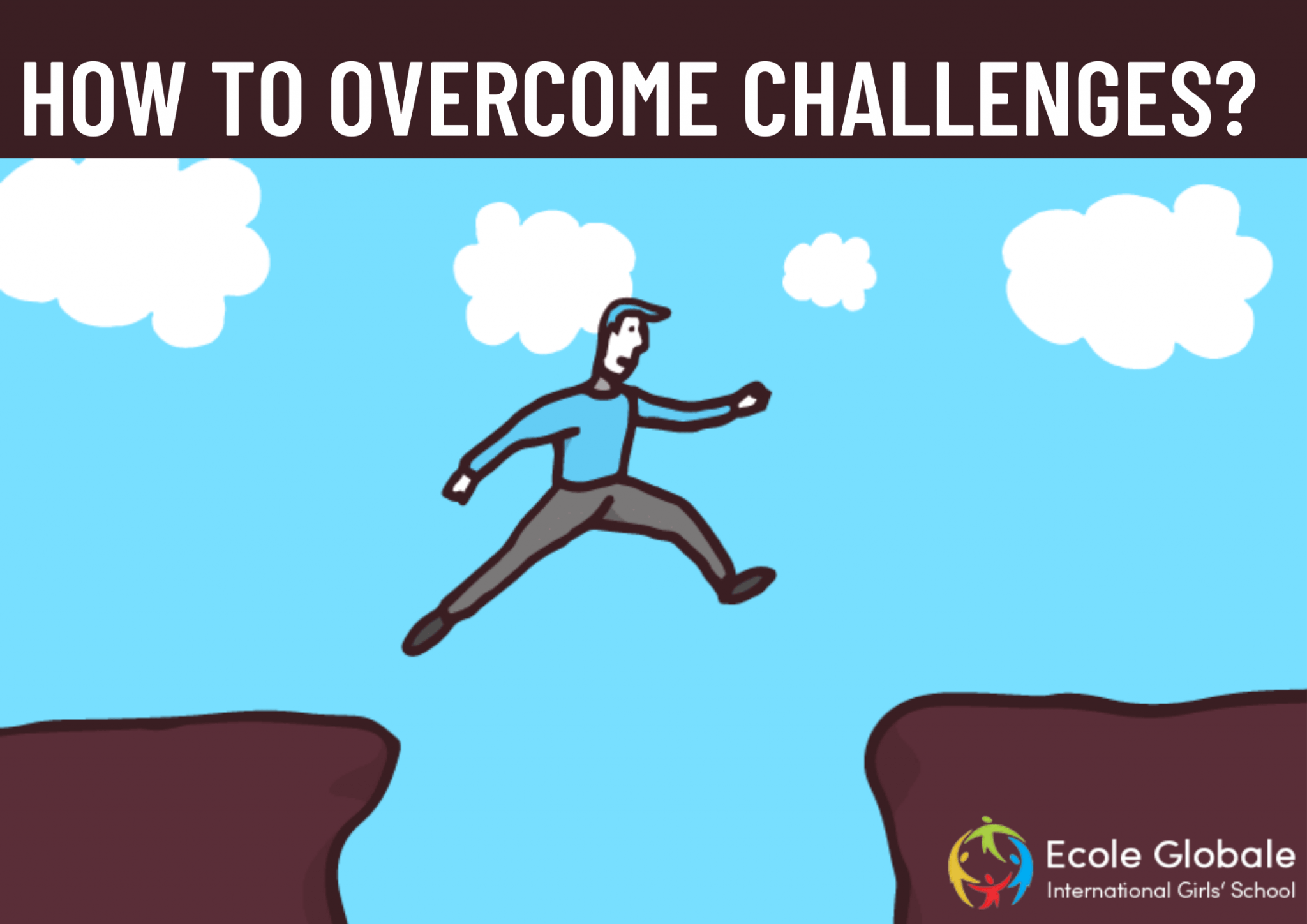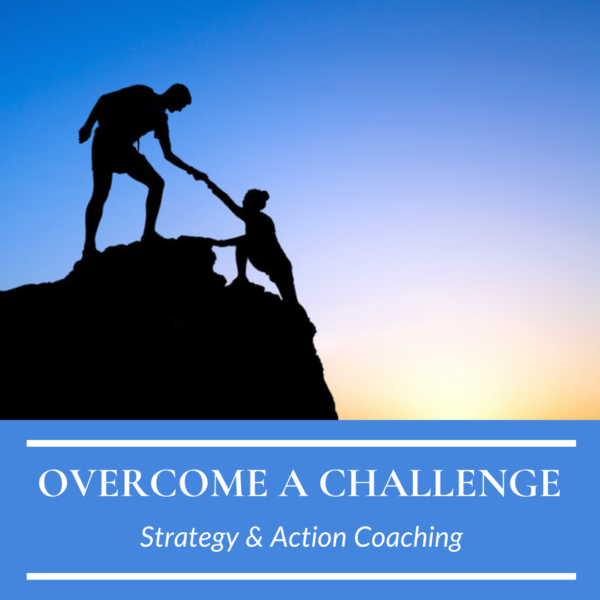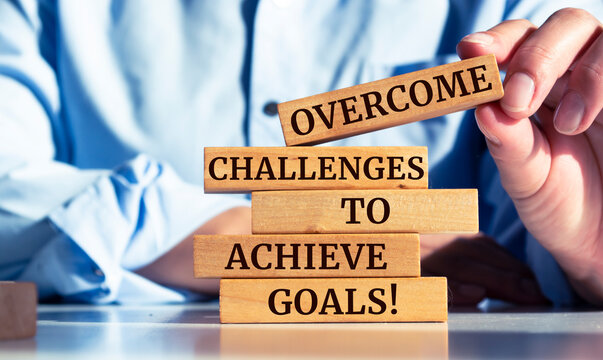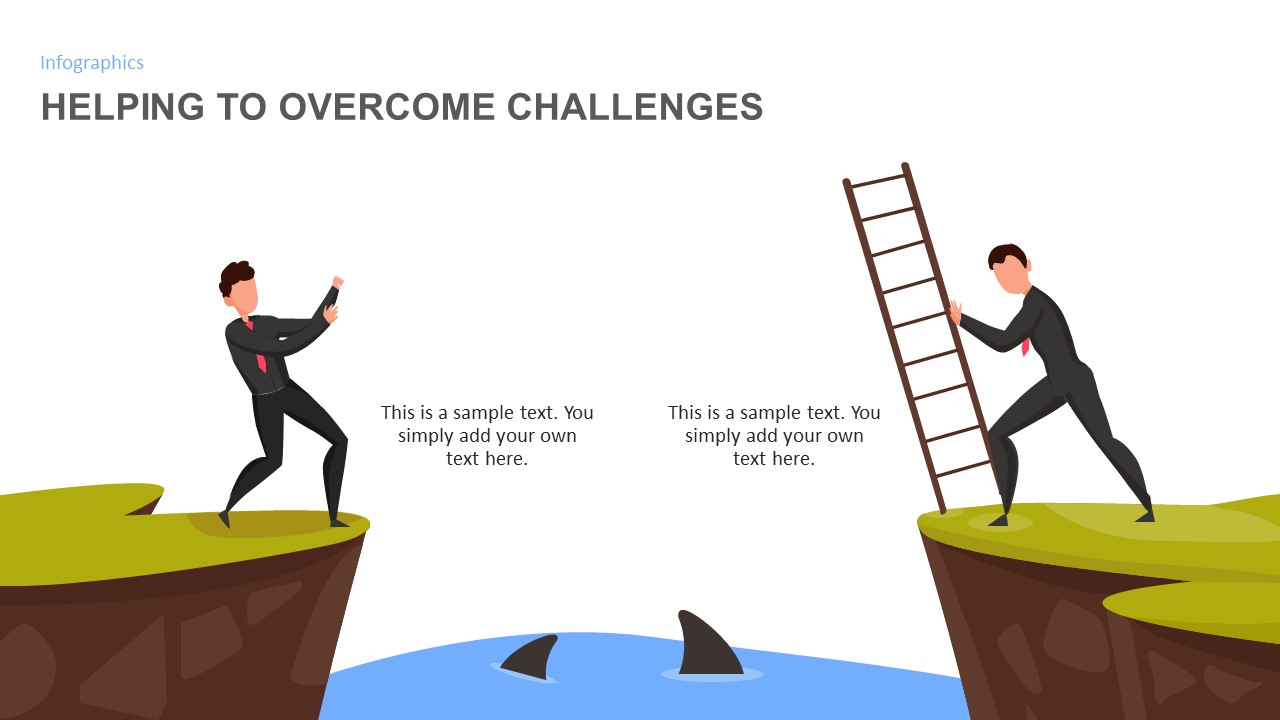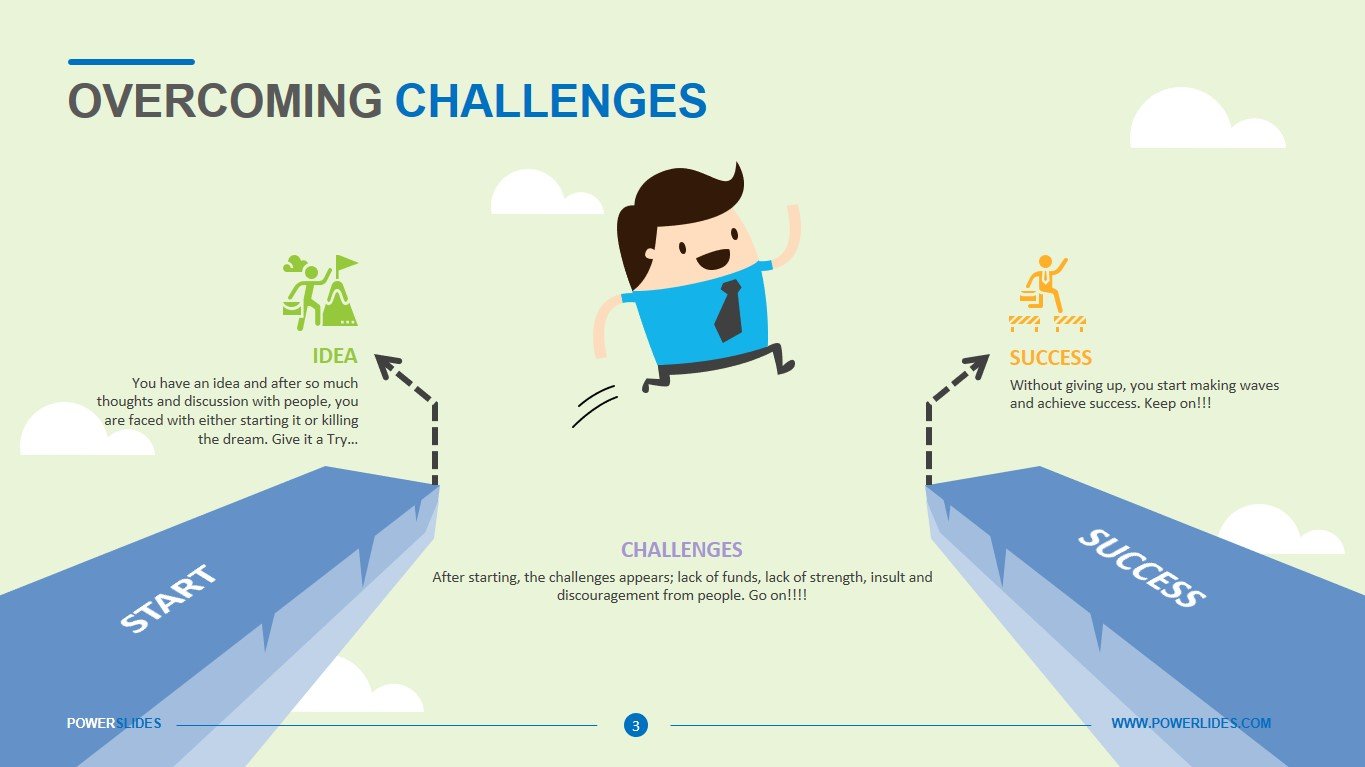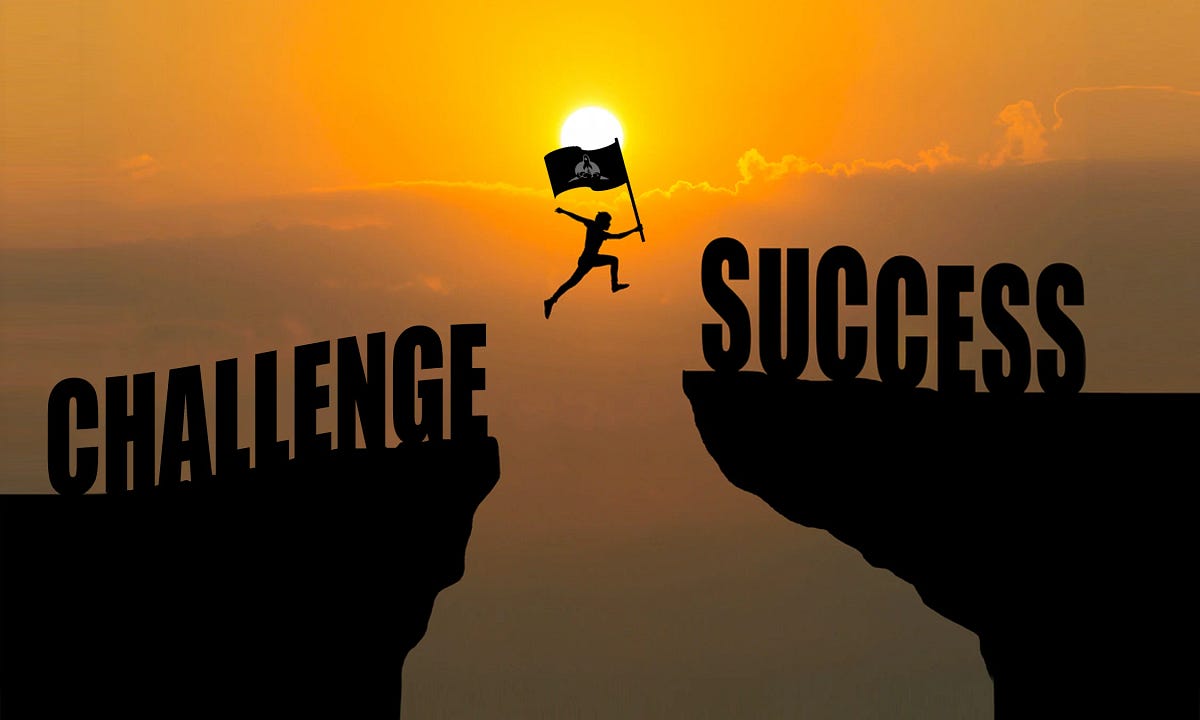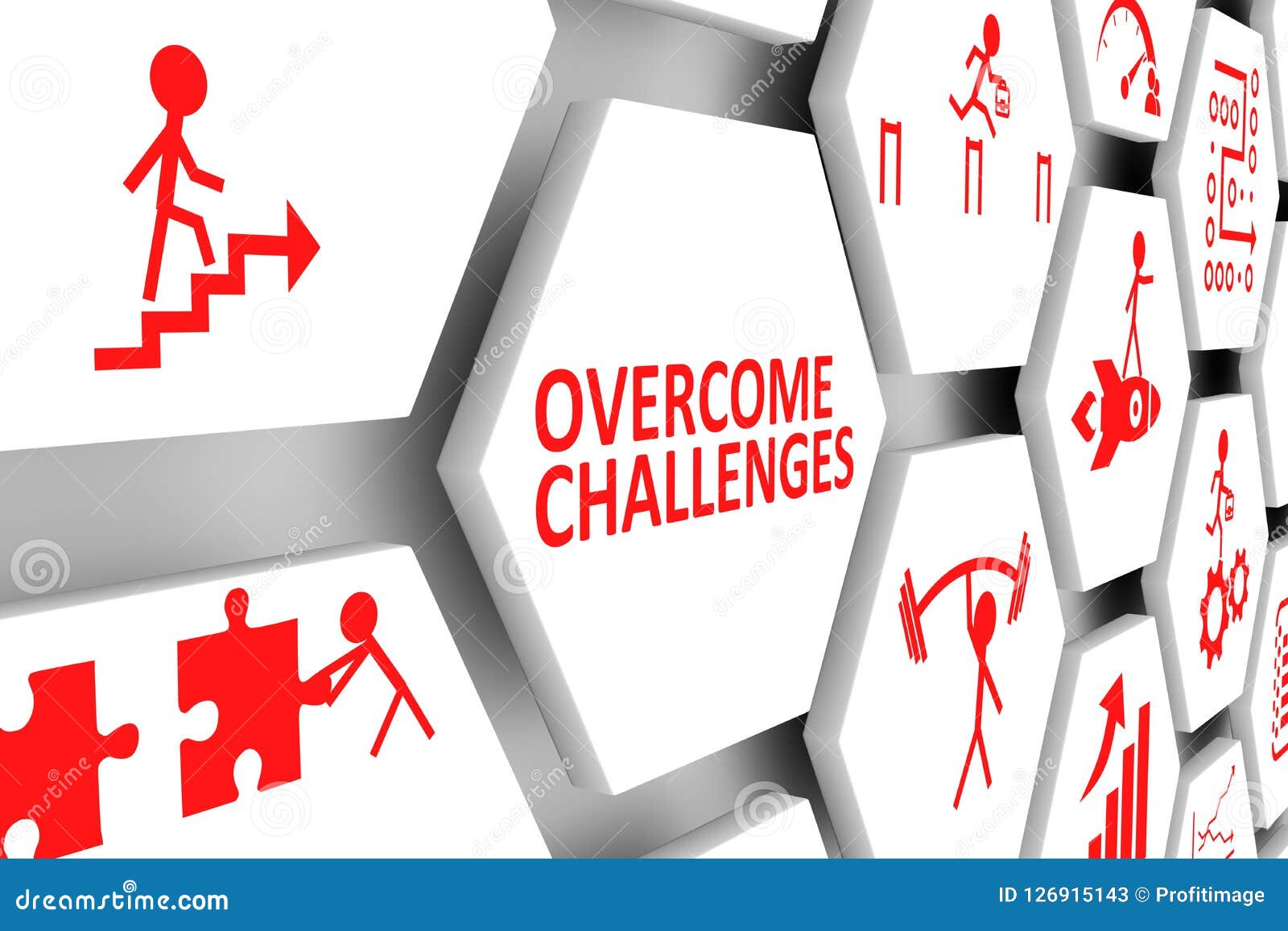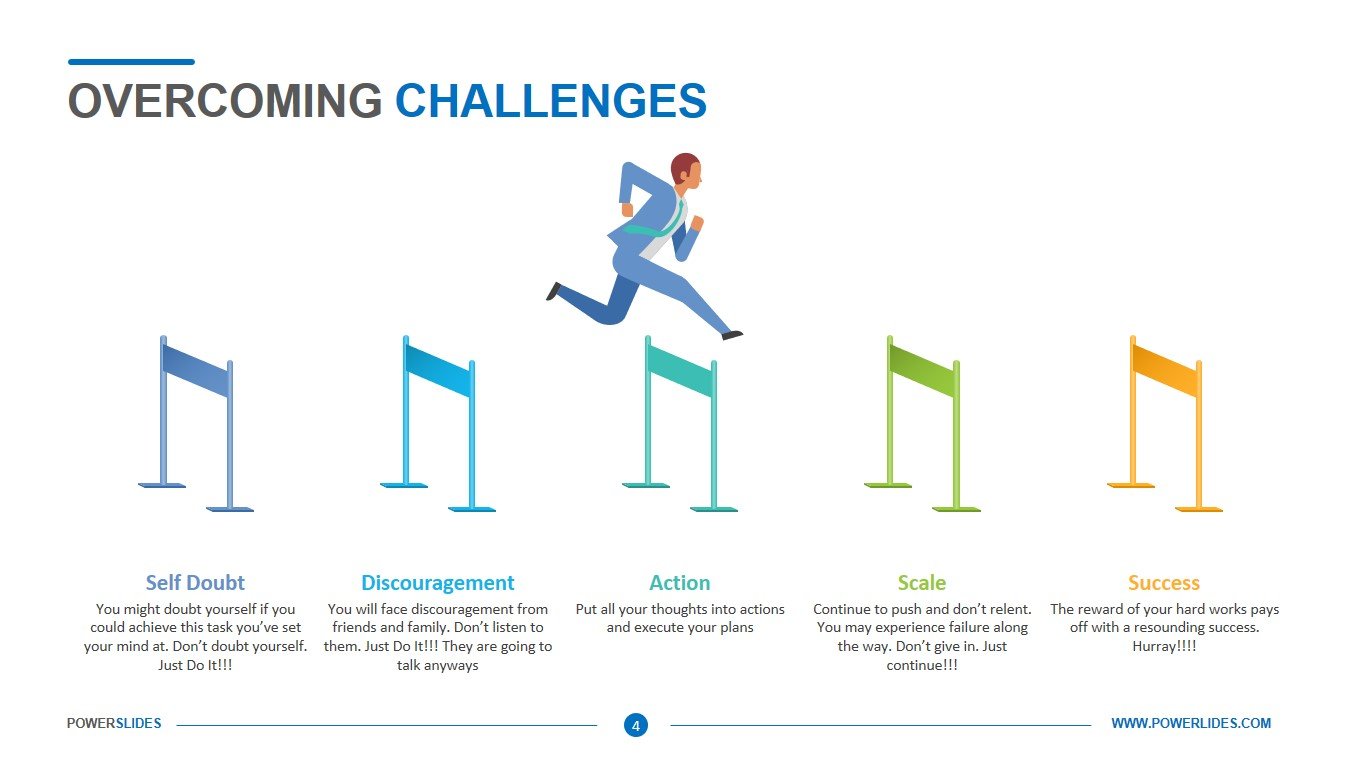Challenges That Need To Be Overcome
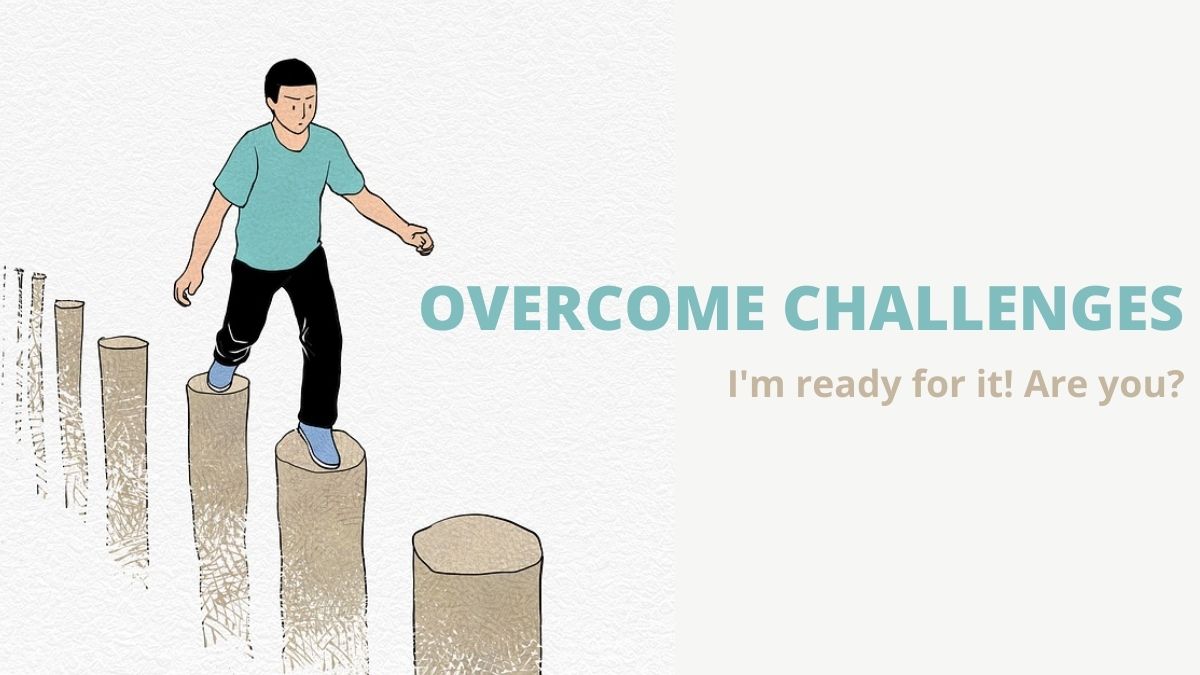
Imagine a world where every child has access to quality education, where clean energy powers our cities, and where healthcare is readily available to all, regardless of their background. This is the future many are striving for, a future brimming with possibility, but also one fraught with challenges that demand our collective attention and action. Obstacles stand in the way of this brighter tomorrow.
This article will explore some of the most pressing global challenges we face today, from climate change and inequality to healthcare access and technological disruption. It aims to shed light on the complexities of these issues and inspire a sense of hope by showcasing the ongoing efforts and potential solutions that are emerging around the world. Change is possible, but it requires understanding, collaboration, and unwavering dedication.
Climate Change: A Race Against Time
Climate change looms large as perhaps the most significant challenge of our time. The scientific consensus is overwhelming: our planet is warming at an alarming rate due to human activity, primarily the burning of fossil fuels.
"The consequences of inaction are catastrophic,"warns the Intergovernmental Panel on Climate Change (IPCC), highlighting the urgent need for transformative change.
Rising sea levels threaten coastal communities, extreme weather events are becoming more frequent and intense, and ecosystems are collapsing at an unprecedented rate. Mitigation efforts, such as transitioning to renewable energy sources and reducing greenhouse gas emissions, are crucial. Adaptation strategies, like building resilient infrastructure and protecting vulnerable populations, are equally important.
The Role of Innovation and Policy
Innovation in clean energy technologies, such as solar, wind, and hydrogen, offers a pathway towards a sustainable future. Governments around the world are implementing policies, such as carbon pricing and emission standards, to incentivize decarbonization. Collective action, driven by both individual responsibility and governmental leadership, is essential to bending the curve on climate change.
Inequality: Bridging the Gap
The gap between the rich and the poor continues to widen, both within and between countries. This inequality manifests in various forms, including income disparities, unequal access to education and healthcare, and limited opportunities for social mobility. The Oxfam reports consistently demonstrate the staggering concentration of wealth in the hands of a few, while millions struggle to meet their basic needs.
Addressing inequality requires a multi-pronged approach, focusing on education, job creation, and social safety nets. Investing in education and skills training can empower individuals to climb the economic ladder. Fair labor practices, minimum wage laws, and progressive taxation can help redistribute wealth more equitably.
Empowering Marginalized Communities
Empowering marginalized communities, including women, minorities, and people with disabilities, is essential for creating a more inclusive and just society. Removing barriers to opportunity and promoting diversity and inclusion in all sectors can unlock untapped potential and drive economic growth. Equal opportunity is not just a moral imperative; it is an economic one.
Healthcare Access: Ensuring Well-being for All
Access to quality healthcare remains a significant challenge for millions of people around the world. In many low-income countries, healthcare systems are under-resourced and overburdened, leading to preventable illnesses and premature deaths. Even in developed countries, disparities in healthcare access exist, often based on income, race, and geographic location.
Strengthening healthcare systems, investing in public health infrastructure, and training healthcare professionals are crucial steps towards improving healthcare access. Telemedicine and mobile health technologies can extend healthcare services to remote and underserved areas. The World Health Organization (WHO) emphasizes the importance of universal health coverage, ensuring that everyone has access to the healthcare services they need without facing financial hardship.
The Power of Innovation
Innovation in medical technology, such as diagnostics, treatments, and vaccines, is transforming healthcare. Artificial intelligence and machine learning are being used to improve disease detection, personalize treatment plans, and accelerate drug discovery. Embracing these innovations can improve health outcomes and reduce healthcare costs.
Technological Disruption: Navigating the Future
The rapid pace of technological change is creating both opportunities and challenges. Automation and artificial intelligence are transforming industries, leading to job displacement and the need for reskilling and upskilling. The spread of misinformation and disinformation online poses a threat to democracy and social cohesion. Technology's transformative power can be leveraged for good.
Investing in education and training programs to prepare workers for the jobs of the future is essential. Promoting digital literacy and critical thinking skills can help people navigate the online world more effectively. Developing ethical frameworks and regulations for artificial intelligence can ensure that these technologies are used responsibly and for the benefit of society.
Embracing Innovation Responsibly
Finding opportunities for humans and machines to work together is key. By combining human ingenuity with technological capabilities, we can unlock new levels of productivity and innovation. The key is to embrace change responsibly, ensuring that the benefits of technology are shared equitably and that the potential risks are mitigated.
The challenges we face are significant, but they are not insurmountable. By working together, embracing innovation, and prioritizing equity and sustainability, we can create a future where everyone has the opportunity to thrive. Hope lies in our collective action and our unwavering commitment to building a better world for all.

